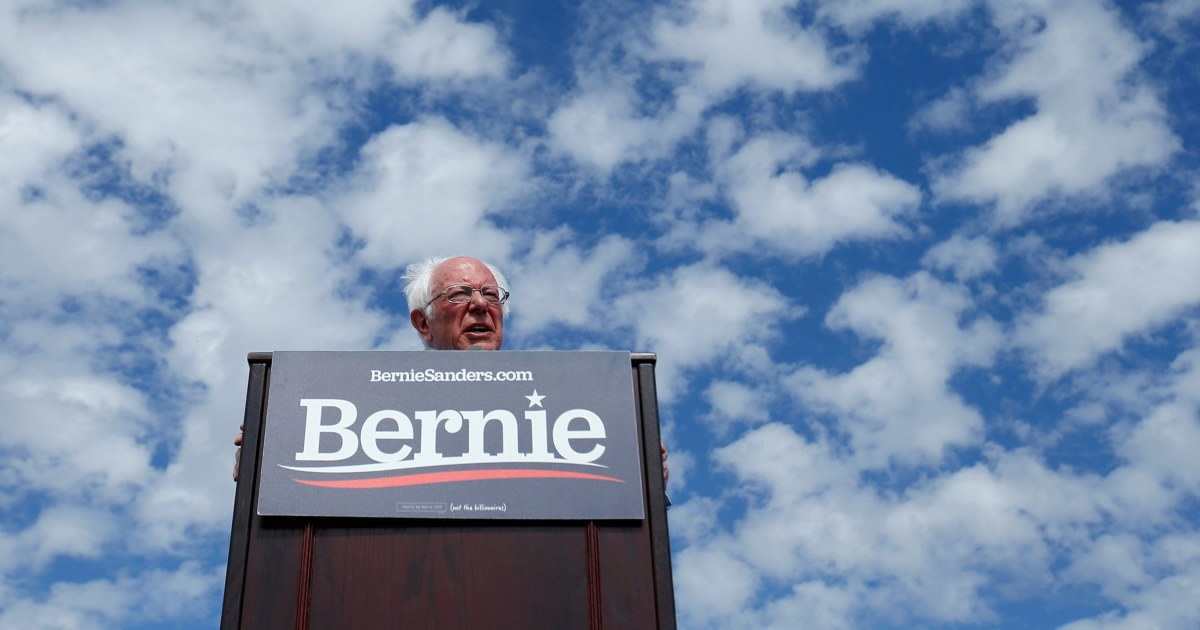Doc7505
Diamond Member
- Feb 16, 2016
- 15,879
- 27,968
- 2,430
~~~~~~Some political hack spouting uninformed nonsense from election three and a half years ago doesn’t mean anything.
It appears that it was the Republican People's Choice in 2016 and 2020 to nominate for the presidency.
Rather Biden was not.
Once again the Democrat nominee was chosen be the DNC and not the People.
Remember when:

When Sanders' campaign took a turn for the worse — and why
Analysis: The Vermont senator's early wins paved the wave for his later defeats.
**********





